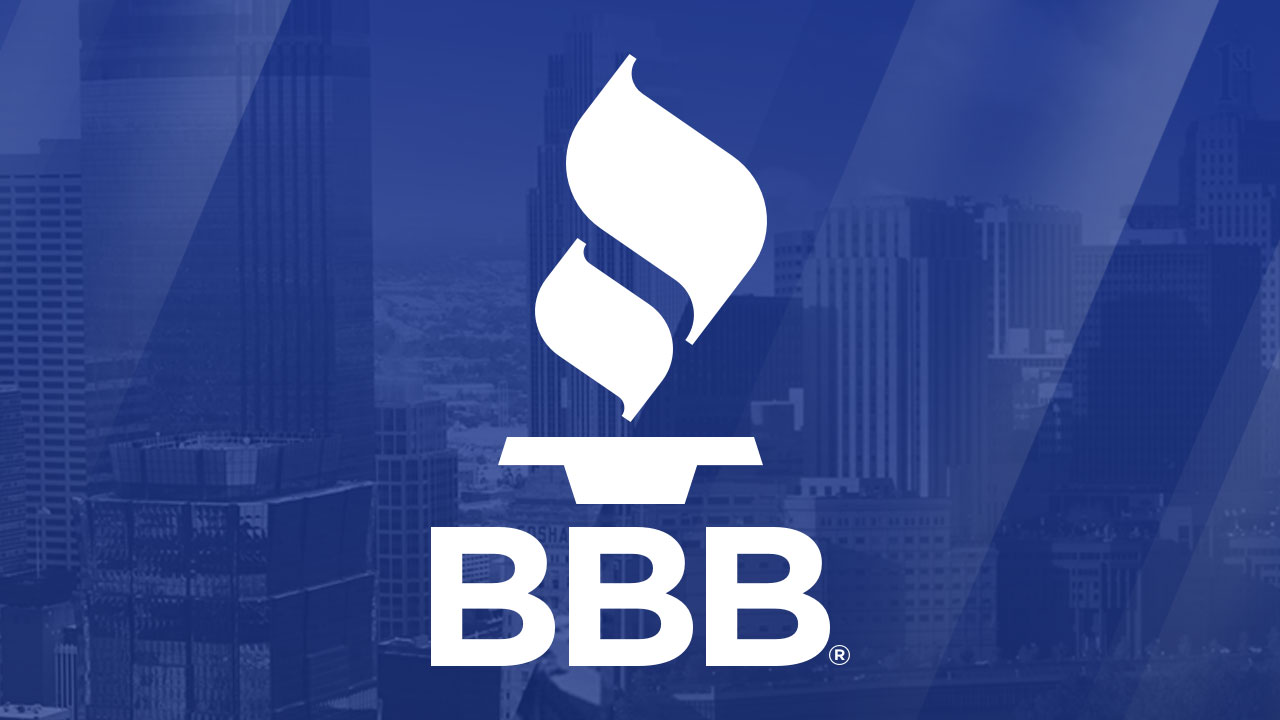6 tips from the BBB to avoid scams when applying for student debt relief

The Better Business Bureau of Minnesota and North Dakota (BBB) warns people that scammers are likely to take advantage of any confusion applicants may have when a proposed plan by the Biden Administration for student debt relief rolls out.
However, the BBB has provided application safety tips for those who intend to apply for debt relief, citing previous scams done during the eviction moratorium, pandemic relief programs and the roll-out of the COVID-19 vaccine.
Keep yourself and others safe from scams by doing the following:
- Get to know the terms of your student loan and the relief program before acting. People can start by going directly to official government websites, like ED.gov or studentaid.gov.
- Never pay money for a free government program. Scammers may make claims that they can get you additional or faster benefits for a fee, but free government programs do not charge fees.
- Be wary of out-of-the-blue calls, emails or text messages claiming to be from the government.
- Watch out for phony government agencies or programs. Scammers may make fake sites that look like government pages.
- Reach out to a government agency directly if something seems suspicious. Report any suspicious calls or texts.
- Be careful, even if information comes from a friend. Hackers can find many ways to spread , including through others’ social media accounts.
If you spot a student loan forgiveness scam, report it to the bureau at BBB.org/scamtracker.
To be notified when the application process opens, sign up on the U.S. Department of Education website.
Learn more about the student loan forgiveness plan on the federal student aid website.